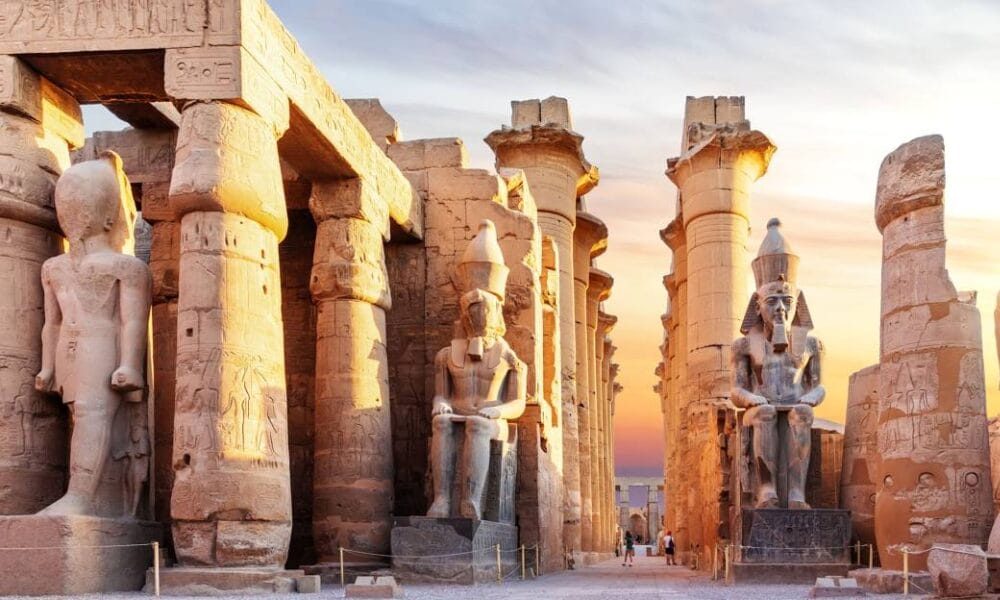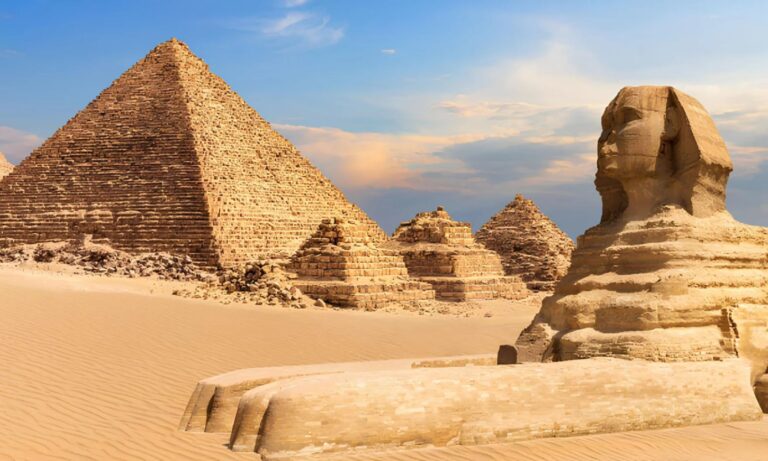The concept of the “oldest country in the world” invites us to travel through time, exploring the foundations of human civilization. Two ancient nations often at the center of this title are Egypt and China, each with a legacy that’s spanned thousands of years and shaped the modern world in unique ways. But what makes a country “the oldest”? Let’s dive into the remarkable histories of Egypt and China to see why they’re contenders for this title.
WHAT MAKES A COUNTRY “OLDEST”?
When historians label a country as “oldest,” they generally consider three main factors:
Continuous Civilization: Societies that developed early and maintained distinct identities.
Ancient Influence: Civilizations that laid the groundwork for governance, art, philosophy, and more.
Recorded History: Countries documented in ancient records and still acknowledged today.
EGYPT: AMONG THE EARLIEST RECORDED CIVILIZATIONS
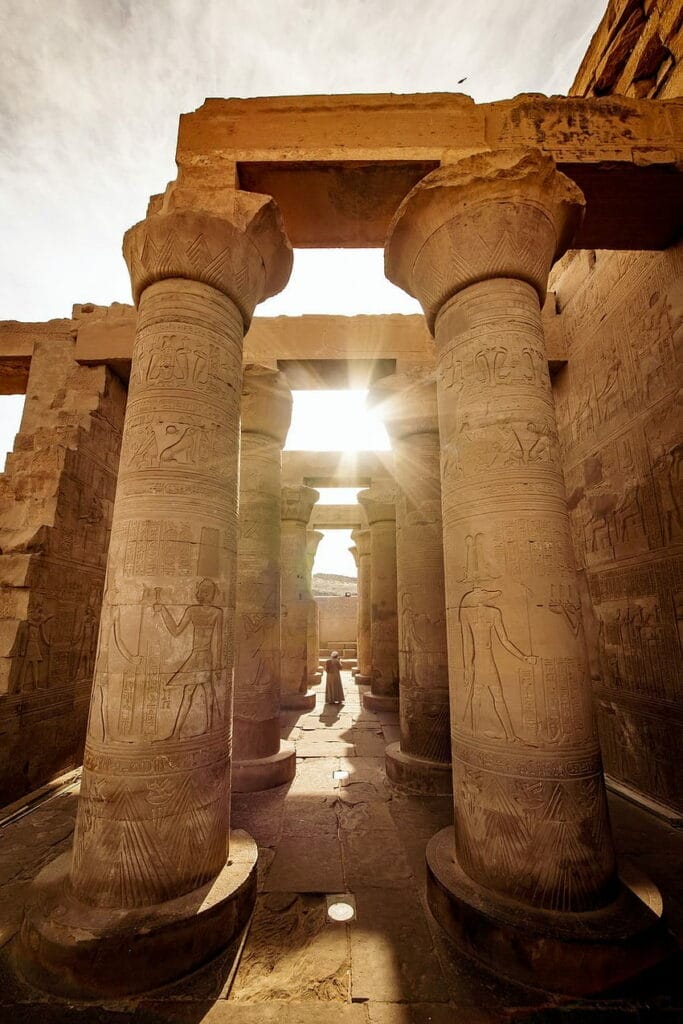
Egypt’s history dates back to around 3100 BCE, earning it recognition as one of the earliest recorded civilizations. Egypt’s monumental achievements, from the Pyramids of Giza and the Sphinx to the Valley of the Kings, stand as testaments to a culture that has influenced generations. The pharaohs led Egypt through millennia, excelling in fields like medicine, architecture, and art. Even through foreign rule, Egypt’s identity endured, blending ancient and modern elements that continue to captivate visitors from around the world.
CHINA: THE TIMELESS MIDDLE KINGDOM
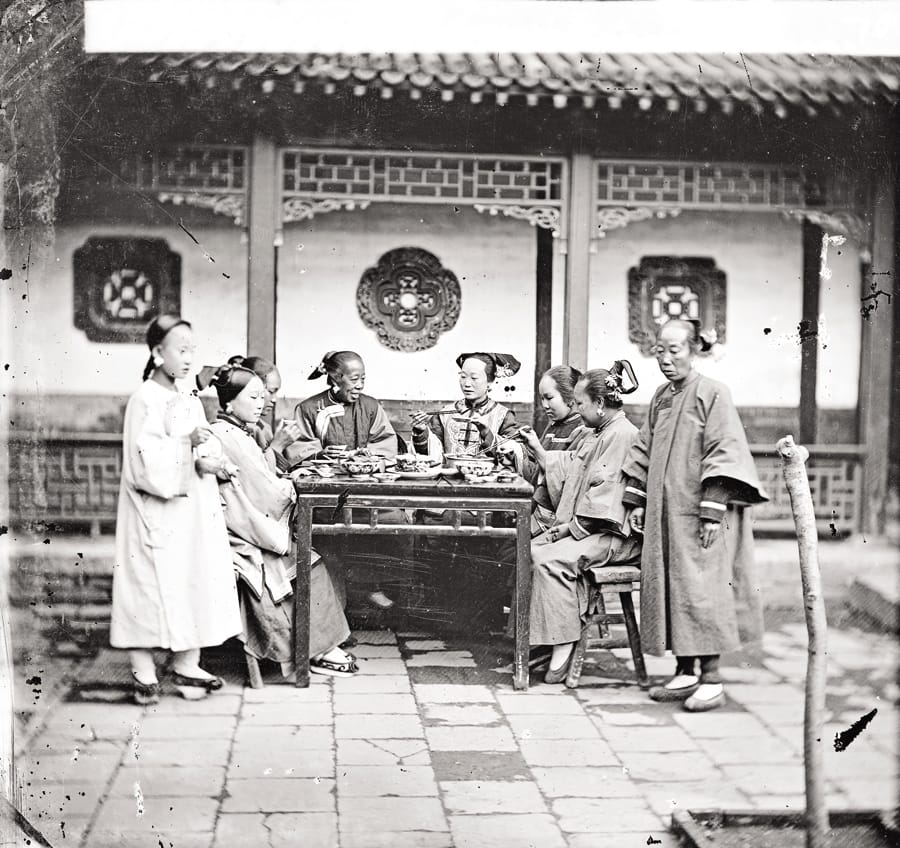
China, often referred to as the “Middle Kingdom,” traces its roots to the Xia Dynasty around 2070 BCE. Unlike many other ancient civilizations, China’s culture remains deeply preserved. The Chinese written language, one of the oldest still in use, showcases the country’s enduring heritage. China’s continuous advancements in philosophy, science, governance, and art across millennia position it as one of the longest-living civilizations in human history.
OTHER ANCIENT NATIONS TO EXPLORE
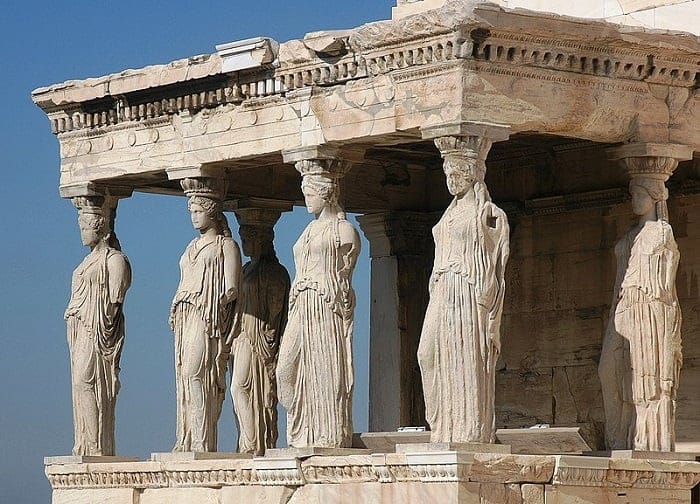
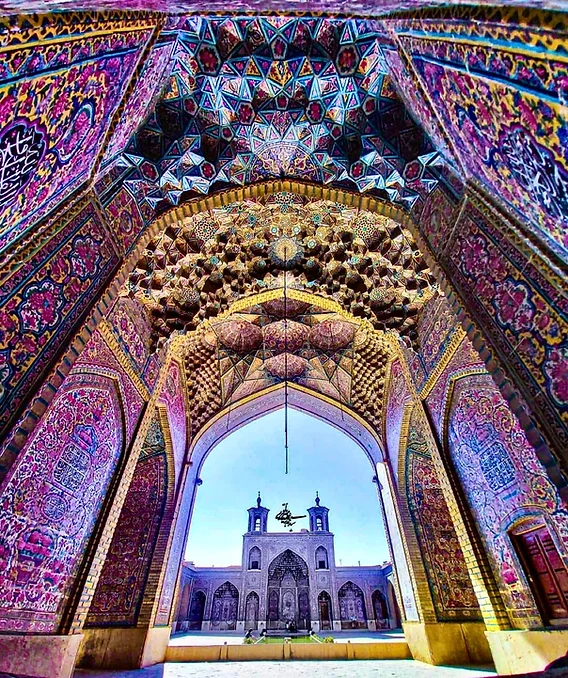
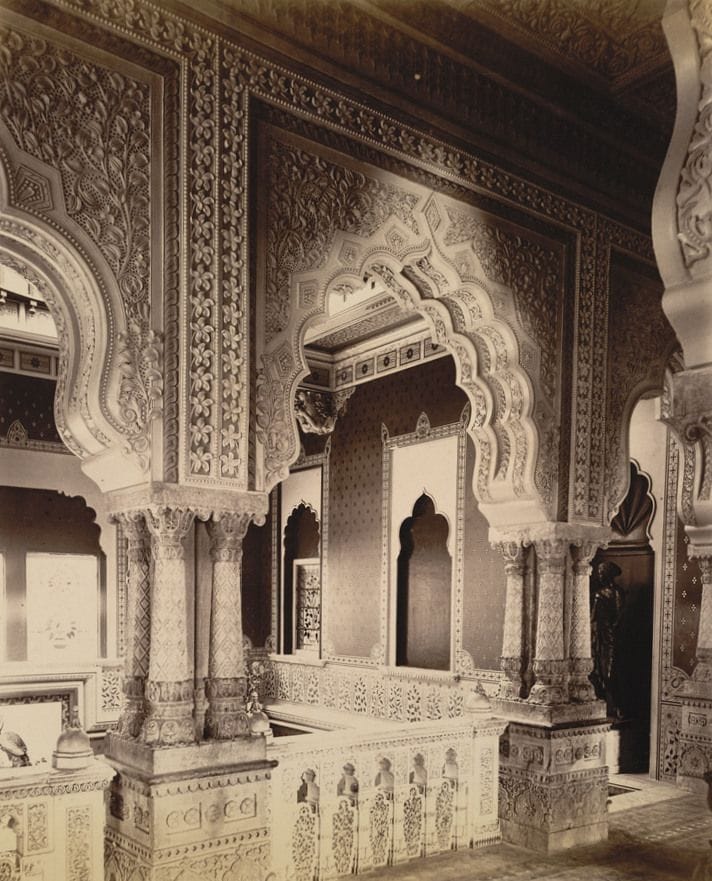
- Iran (Persia): Tracing its origins to the Achaemenid Empire (circa 550 BCE), Iran’s story is one of resilience, with a culture still cherished today.
- Greece: Though modern Greece was established in the 19th century, its ancient roots dating back to 1100 BCE have left an indelible mark on Western thought, art, and science
- India: The Indus Valley Civilization (circa 3300 BCE) positions India as an ancient hub of cultural diversity and heritage.
WHY LEARNING ABOUT THE “OLDEST” MATTERS
Exploring the oldest nations connects us with the beginnings of human society and allows us to see how ancient knowledge, traditions, and innovations continue to shape our world. Egypt and China aren’t just historical landmarks—they’re living examples of how ancient civilizations inspire generations to dream, innovate, and discover.
TIPS FOR EXPERIENCING ANCIENT CULTURES
Visit Key Historical Sites: If you’re lucky enough to visit, don’t miss the iconic landmarks! Egypt offers the Great Pyramids of Giza and the Karnak Temple, while China showcases the Great Wall, the Terracotta Army in Xi’an, and Beijing’s Forbidden City.
Use Timelines to Visualize History: Seeing Egypt’s Pharaonic dynasties or China’s dynasties laid out helps illustrate just how far back these cultures go.
Learn Through Fun Facts: History isn’t just dates and names! Did you know that Egypt’s Great Pyramid held the record as the tallest human-made structure for nearly 3,800 years? And the Great Wall of China stretches over 13,000 miles!
Explore Nearby Historical Destinations: When exploring Egypt, consider Jordan’s Petra or Turkey’s ancient sites. In China, the rich histories of Japan, South Korea, or Vietnam make great additions.
Access Online Resources: Even if you can’t visit in person, many museums offer online experiences, like China’s National Museum and Egypt’s historical archives, allowing you to explore from home.
Read or Watch for Deeper Insights: Books like The Rise and Fall of Ancient Egypt by Toby Wilkinson or documentaries on China’s dynastic periods offer valuable insights. You can find the book on Amazon.
Whether you’re enchanted by Egypt’s ancient structures or China’s timeless philosophies, these nations offer more than just age—they present stories of resilience and influence that have shaped humanity. Exploring these histories is like traveling to the roots of our world, with each ancient site and story adding to the journey.
For more information Check: Visit Egypt & Visit China
ALSO READ: GLOBAL STARS GATHER IN RIYADH TO CELEBRATE 45 YEARS OF ELIE SAAB.
